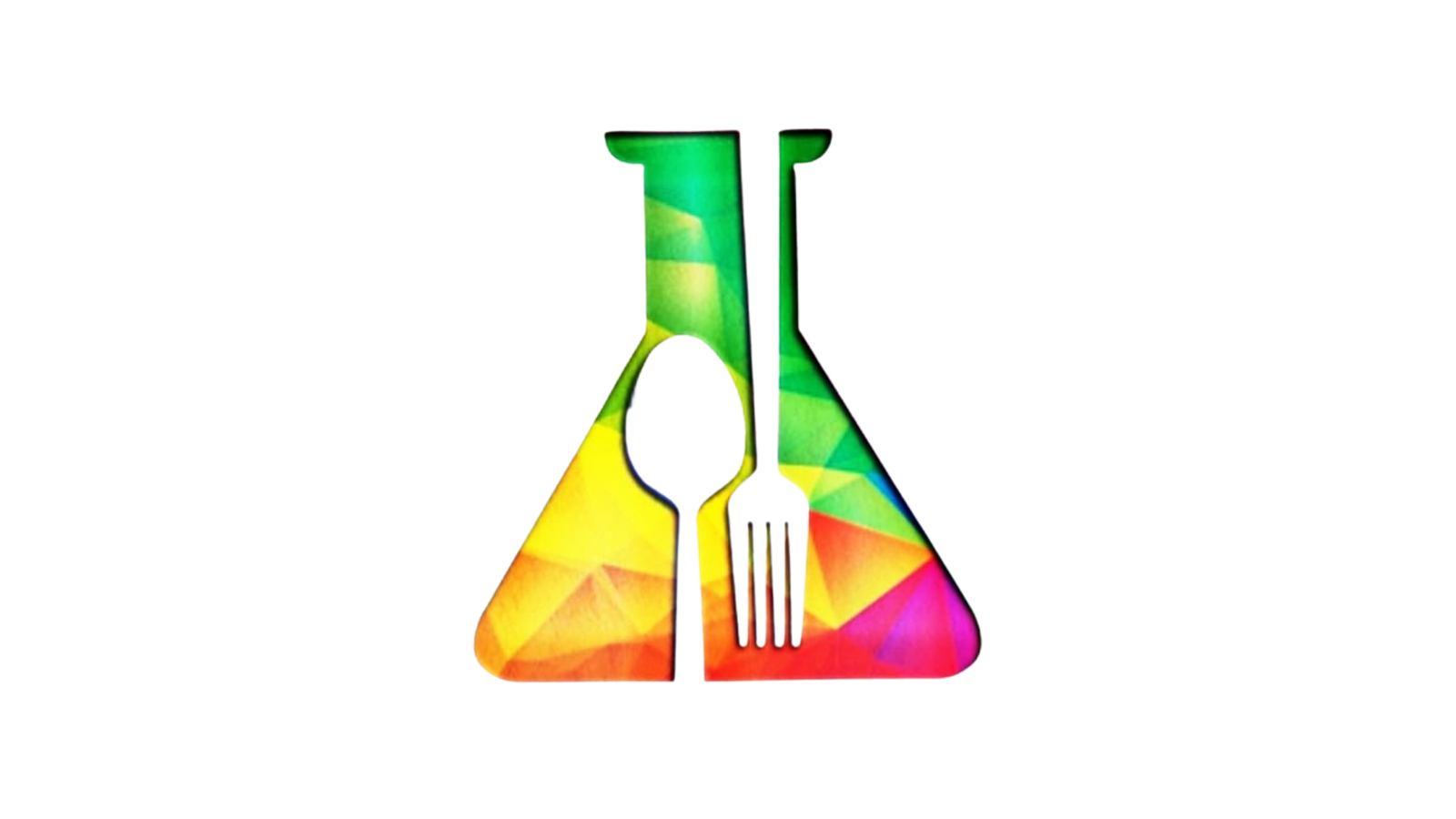When Coca-Cola Europacific Partners (CCEP) took the decision to introduce tethered caps for its PET bottles to boost collection and recycling and prevent litter, Sidel utilized its expertise in this field to support CCEP with the transition.
Required to implement the changes by July 2024 in line with single-use plastic (SUP) law, Coca-Cola Europacific Partners also identified the opportunity to move to a more sustainable package, working with Sidel to move to a lighter neck for its carbonated soft drinks (CSD) plastic bottles.
Sidel and Coca-Cola Europacific Partners share a strong historical partnership, having collaborated for over 30 years at a global group level across multiple projects in equipment, packaging development and supporting services. CCEP’s introduction of attached caps and the implementation of a new lighter neck, with a 1 gram saving, provided numerous technical challenges relating to the correct selection of preforms and caps as well as the right technical equipment configurations to switch across all its existing PET packaging lines in Europe.
Comprehensive expertise from the start to completion
From the beginning of the project, especially during the initial definition and planning phases, Coca-Cola Europacific Partners had to rationalise the solutions to implement in terms of caps, preforms and OEM technical modifications on the equipment.
During the planning phase, pilot tests for the new product were handled on two different lines including one Sidel line in Barcelona, which was converted to accommodate both tethered capping and the new, lighter neck GME30.40 that was developed and made available for industry. These tests enabled Sidel to work closely with CCEP to assess the new specifications, along with the new equipment configuration, to ensure optimum efficiency on the line, validate quality requirements of new necks and allow CCEP to conduct a small-scale market evaluation to understand consumer acceptance.
“The combined project management between CCEP and Sidel was key to the success of the project,” said Geert Marse, technical packaging lead at CCEP. “Anticipation, planning and collaboration between stakeholders was vital in readying these lines. We released the first sellable bottles on the Great Britain market in May 2022, as we had scheduled. The pilot in Barcelona helped us to learn and identify any potential issues together.”
In some cases, Sidel combined line conversion with line overhaul, while CCEP conducted maintenance to deliver optimised product execution and the highest level of line performance.
“The majority of converted lines achieved line efficiency objective. We are fully satisfied with the preparation, including line status assessment, the pilot line tests and the great collaboration in working together to make this project successful,” continues Geert Marse.
Delivering massive conversions across Europe
Once pilot tests were finalized in Barcelona, Sidel was engaged by CCEP to convert all of its Sidel lines within European factories. Line conversions have varied between factories. Some required significant development for a change to tethered cap and new neck, including adaptation of different equipment such as the preform feeder, blower, capper, cap feeder and labeller. However, CCEP was able to rely on Sidel’s strength in this field to carry out a detailed study of every machine’s configuration in each plant to address their respective unique set-up.
With a large number of lines across the EU requiring conversion, CCEP was among the first organisations within the CSD market to switch to tethered caps. The first line to be converted was completed in April 2022 in East Kilbride, Scotland, which produced CCEP’s 1.5L bottle, before a second single-serve line was completed at the end of 2022.
Geert Marse, adds, “To support this switch Coca-Cola launched a broad communication campaign to explain how to use this new cap and to help gradually change consumer habits, collecting all consumers feedback and taking corrective actions if needed.”
To date, Sidel has successfully converted one-third of CCEP’s European PET bottling lines for CSDs, with the final line conversion scheduled to be completed by the end of the first quarter of 2024.






















Comments